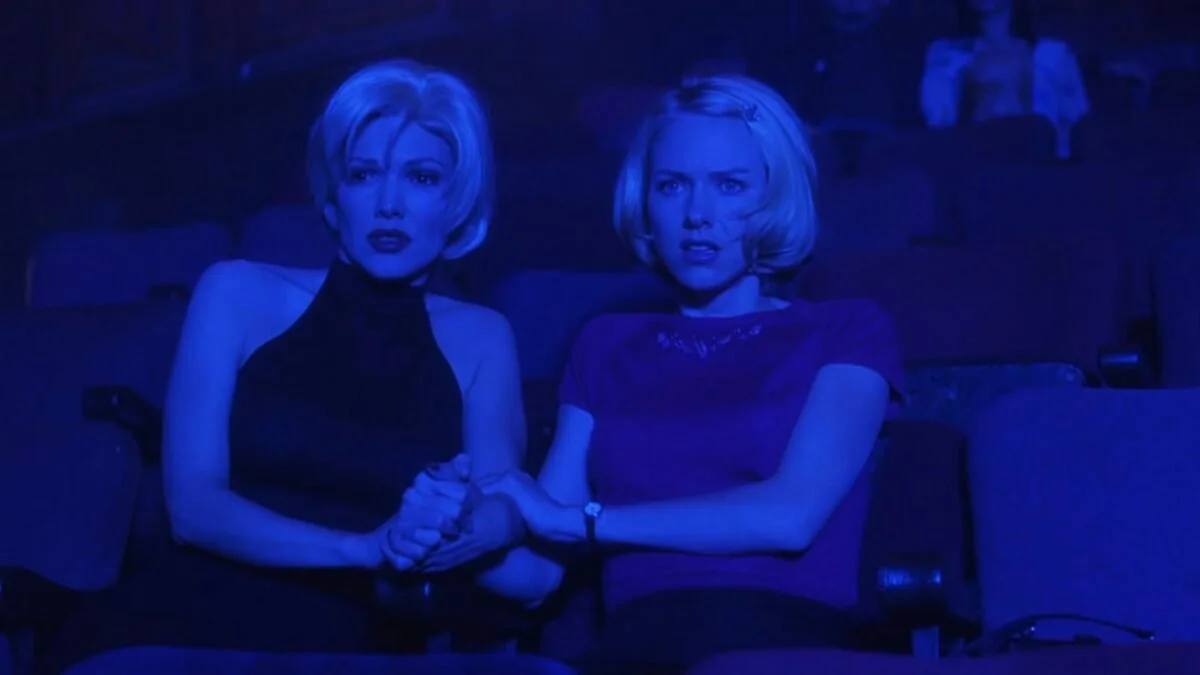Dancing in the dark: David Lynch
In the neon-soaked labyrinth of modern cinema, where the mundane collides with the surreal and whispers echo louder than shouts, one name pulses like a heartbeat: David Lynch. A director, a painter, a musician, and an alchemist of dreams, Lynch doesn’t just make films; he crafts otherworldly experiences that live somewhere between a fever and a prayer.
The Alchemy of Ordinary and Odd
Lynch’s genius lies in his ability to stitch the banal and the bizarre into a tapestry that’s as unsettling as it is beautiful. Picture a red curtain swaying in an unfelt breeze, a slice of cherry pie glowing under fluorescent light, or a woman singing her soul to shreds in a dingy nightclub. Each image is a puzzle piece in a universe where answers are overrated and questions linger like cigarette smoke.
Take Blue Velvet, for instance. On paper, it’s a simple tale of small-town secrets. But in Lynch’s hands, it becomes a descent into a rabbit hole where innocence dances perilously close to depravity. The opening scene alone is a masterstroke: a postcard-perfect suburb, a white picket fence, and then - a severed ear rotting in the grass. Welcome to Lynchland, where nothing is as it seems.
Twin Peaks: Coffee, Pie, and Cosmic Horror
Twin Peaks, the television series that redefined the medium. Who killed Laura Palmer? The question was almost irrelevant, a McGuffin in a saga about the dark currents beneath a seemingly idyllic town. Lynch gave us dancing dwarves, cryptic giants, and a log lady whose wooden companion seemed wiser than most humans. It was absurd, profound, and deeply human - a show where a slice of pie and a damn fine cup of coffee could momentarily hold back the tide of cosmic horror.
The Dream Logic of Storytelling
Lynch’s narratives are often likened to dreams, and for good reason. In a Lynchian world, time folds in on itself, characters morph into each other, and the line between reality and illusion blurs until it disappears. It’s a cinema of feeling rather than comprehension, where the subconscious takes the wheel.
Consider Mulholland Drive, his labyrinthine opus that begins as a noir mystery and mutates into a meditation on identity, desire, and the price of ambition in rotten, corrupted Hollywood. By the end, you’re not sure what’s real and what’s fantasy - and that’s the point. Lynch isn’t interested in explaining; he’s interested in showing, in making you feel the weight of a dream as it crumbles into morning light.
A Director of the Senses
Lynch doesn’t just direct; he orchestrates. His use of sound is legendary, from the low hum of electricity to Angelo Badalamenti’s haunting scores. It’s as if the air in a Lynch film is alive, buzzing with an almost tactile tension. You don’t watch his work; you inhabit it, letting it seep into your pores like a chill on a foggy night.
The Courage to Be Confounding
In a world obsessed with clarity and resolution, Lynch remains a steadfast advocate for mystery. He understands that life itself is a riddle wrapped in an enigma, and his art reflects that. To love his work is to embrace uncertainty, to find beauty in the strange and solace in the unsettling.
Why Lynch Matters
David Lynch is not just a filmmaker; he’s a conjurer of feelings we didn’t know we had. He reminds us that the world is stranger and more beautiful than we dare to imagine. He dares us to look into the darkness and see the light, to listen to the silence and hear the symphony.
So here’s to David Lynch, the dreamweaver, the magician, the man who made us all believe that there’s always music in the air. Thank you for showing us the mystery in the mundane, the horror in the ordinary, and the poetry in the peculiar. May your visions continue to haunt and inspire, like a faint whisper in a pitch-black room.





